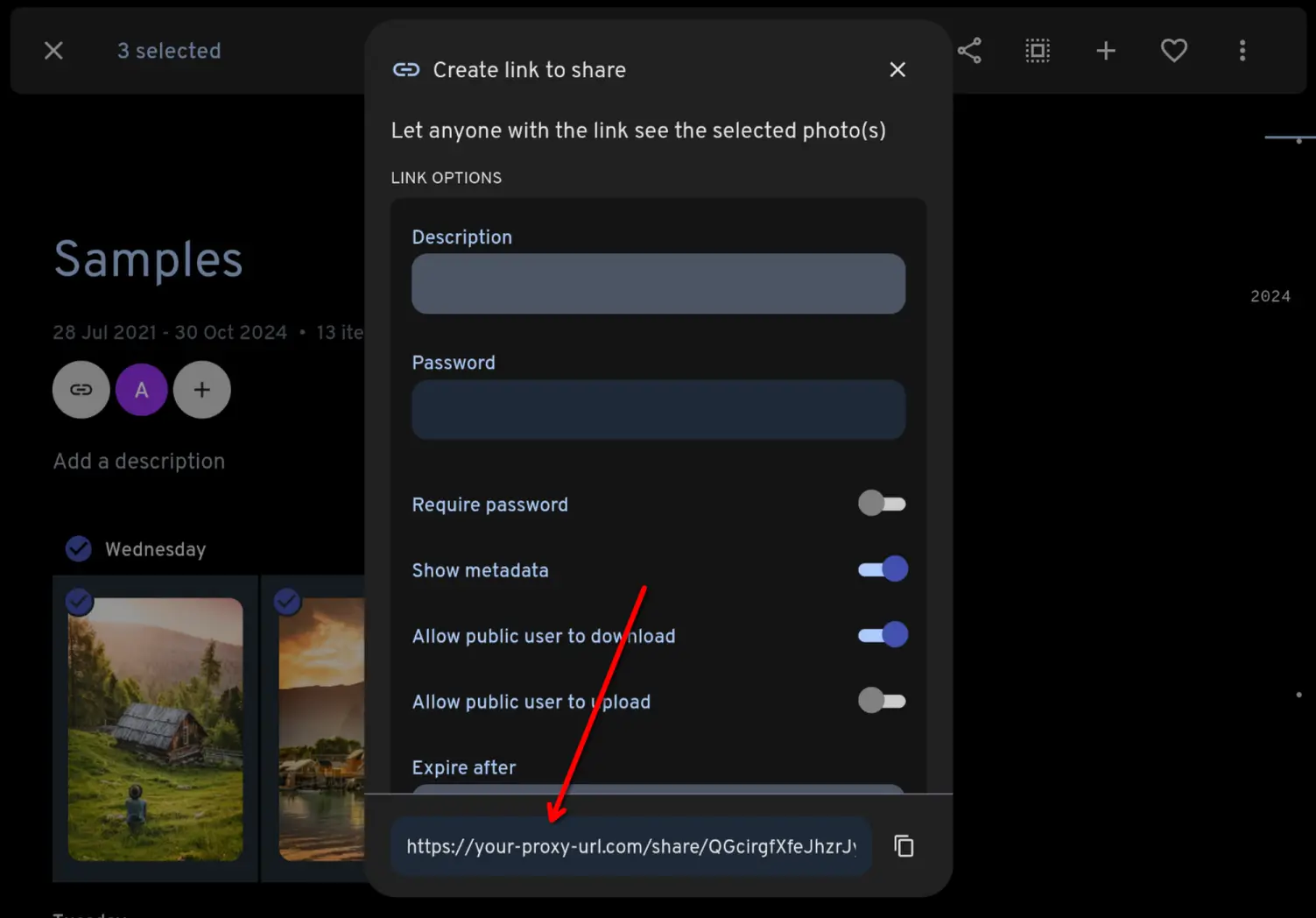view the rest of the comments
Selfhosted
A place to share alternatives to popular online services that can be self-hosted without giving up privacy or locking you into a service you don't control.
Rules:
-
Be civil: we're here to support and learn from one another. Insults won't be tolerated. Flame wars are frowned upon.
-
No spam posting.
-
Posts have to be centered around self-hosting. There are other communities for discussing hardware or home computing. If it's not obvious why your post topic revolves around selfhosting, please include details to make it clear.
-
Don't duplicate the full text of your blog or github here. Just post the link for folks to click.
-
Submission headline should match the article title (don’t cherry-pick information from the title to fit your agenda).
-
No trolling.
Resources:
- selfh.st Newsletter and index of selfhosted software and apps
- awesome-selfhosted software
- awesome-sysadmin resources
- Self-Hosted Podcast from Jupiter Broadcasting
Any issues on the community? Report it using the report flag.
Questions? DM the mods!

It's all about the risk matrix. The theoretical likelihood of a vulnerability in Immich might be low, but the severity of that risk is catastrophic in terms of personal data leaking.
The likelihood of a risk in this proxy might be medium or even high according to you, but the severity is low. It doesn't have access to any of your personal data. All it does is talk to Immich via Immich's public sharing API.
One of the contributors to this project is bo0tzz, who is one of the maintainers of Immich.
It might be zero. It's "unknown" (according to me I guess).
I've dug into the code a bit out of curiosity - it seems to me that "proxy" is a misnomer. It's a stripped-down "view" layer built on top of the API. But has the same endpoints as the main immich app for shared things so that you can create links that work with it so it kinda looks like a proxy. But it's just a "simplified public view" of sorts.
Meh.